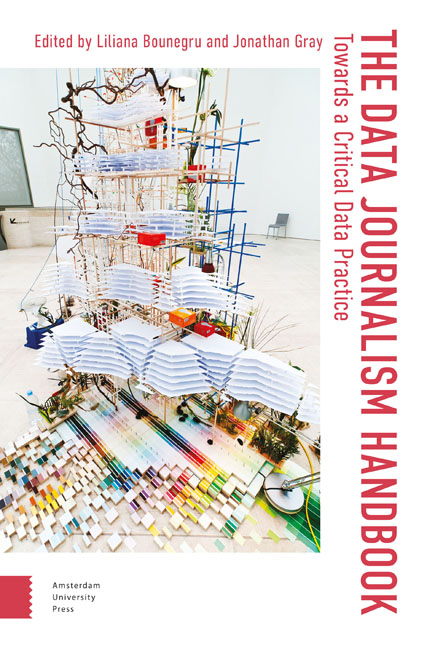6 - Tracking Worker Deaths in Turkey
Summary
Abstract
Documenting worker deaths in Turkey to advocate for improved working conditions.
Keywords: Turkey, Soma, labour conditions, data journalism, open data, freedom of information (FOI)
In the wake of the Soma mine disaster in Turkey in 2014, it transpired that it was extremely difficult to document the conditions of workers. There were discrepancies with figures on worker unionization and a scarcity of data on worker deaths over previous decades. What was available was often disorganized and lacking in detail. We wanted to make this data widely accessible and shed light on the deaths of workers in other sectors.
With this in mind, a programmer, an editor and myself developed the “Open Database of Deceased Workers in Turkey,” a project hosted by the data journalism portal Dağ Medya, that gathered data from multiple sources, verified it, and made it available for everyone to access and use.
In Turkey at least 130 workers die per month from a variety of causes. The most important goal of the project was to raise awareness of these deaths and their frequency, as well as to publicly recognize victims and the poor working conditions that they endured. The project comprised embeddable maps, graphs and data in different formats. It covered the deaths of workers in over 20 sectors from 2011 to 2014. After the project was completed, we continued to report the death of workers through regular media monitoring each month. Crucially, the database includes the names of the companies that employed them (Figure 6.1).
The project began in 2015. We started by submitting freedom of information (FOI) requests and collecting data from trusted NGOs that were extracting data from various sources and were making it publicly accessible.
The first challenge we encountered was that it was not easy to get open data through FOI requests. Sometimes it took two weeks, sometimes four months, to obtain data through our requests. Next, a more unexpected challenge arose, which I am recounting because it surfaces conflicting perspectives on this type of work. When we announced the project, one of the projects whose data we were using—İSİG Meclisi (Health and Safety Labour Watch)—became unhappy about us using it.
- Type
- Chapter
- Information
- The Data Journalism HandbookTowards A Critical Data Practice, pp. 44 - 46Publisher: Amsterdam University PressPrint publication year: 2021

